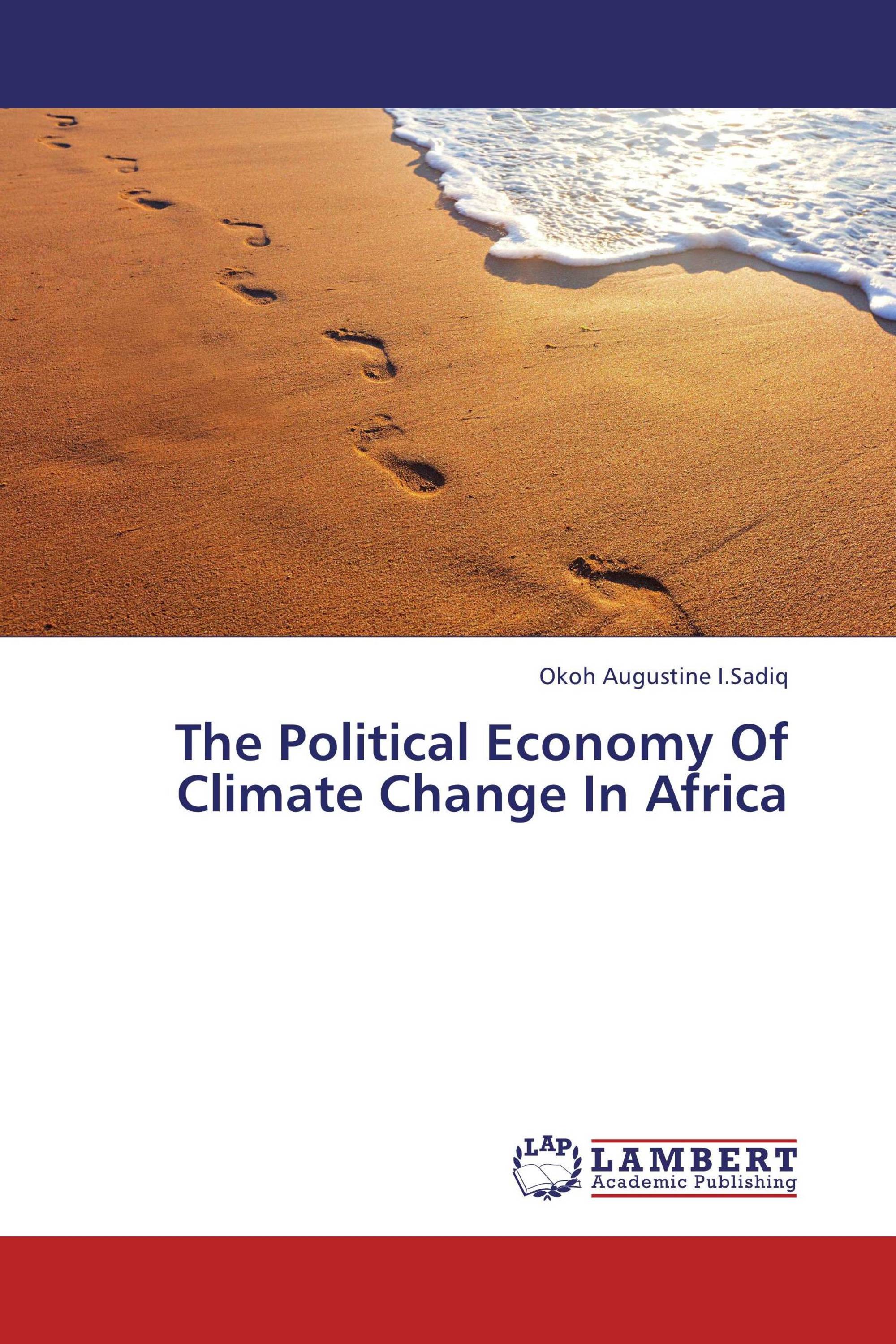For many years our fossil fuel dependent economic system has been changing our world. In Africa, exhaustion of extra-human nature has given the continent an adverse neoliberal ecological footprint. Climate change as a transboundary phenomenon is impacting on socioeconomic and political terrains redefining relations within and between nations. This will require a transdisciplinary approach. Political science discusses power relations and is inextricably bound with how policy makers formulate mitigation and adaptation strategies. Finding sustainable solutions to the mutually reinforcing twin disasters of climate change and extreme poverty is a challenge for policy makers in Africa in their quest to transit to a post fossil future. The mutation of sustainability to green economy at Rio+20 is reinforcing existing inequalities. As a natural experiment to test the reinvention of neoliberal economics as Green Economy it has failed to redirect industrial societies towards more environmentally sustainable practices. The search for post 2015 Kyoto instrument has lost steam with the weak and indefinite Doha compromise and as such is a major challenge to Africa’s realization of MDGs.
Book Details: |
|
|
ISBN-13: |
978-3-659-37311-4 |
|
ISBN-10: |
3659373117 |
|
EAN: |
9783659373114 |
|
Book language: |
English |
|
By (author) : |
Okoh Augustine I.Sadiq |
|
Number of pages: |
380 |
|
Published on: |
2013-05-31 |
|
Category: |
Development theory and development policy |
